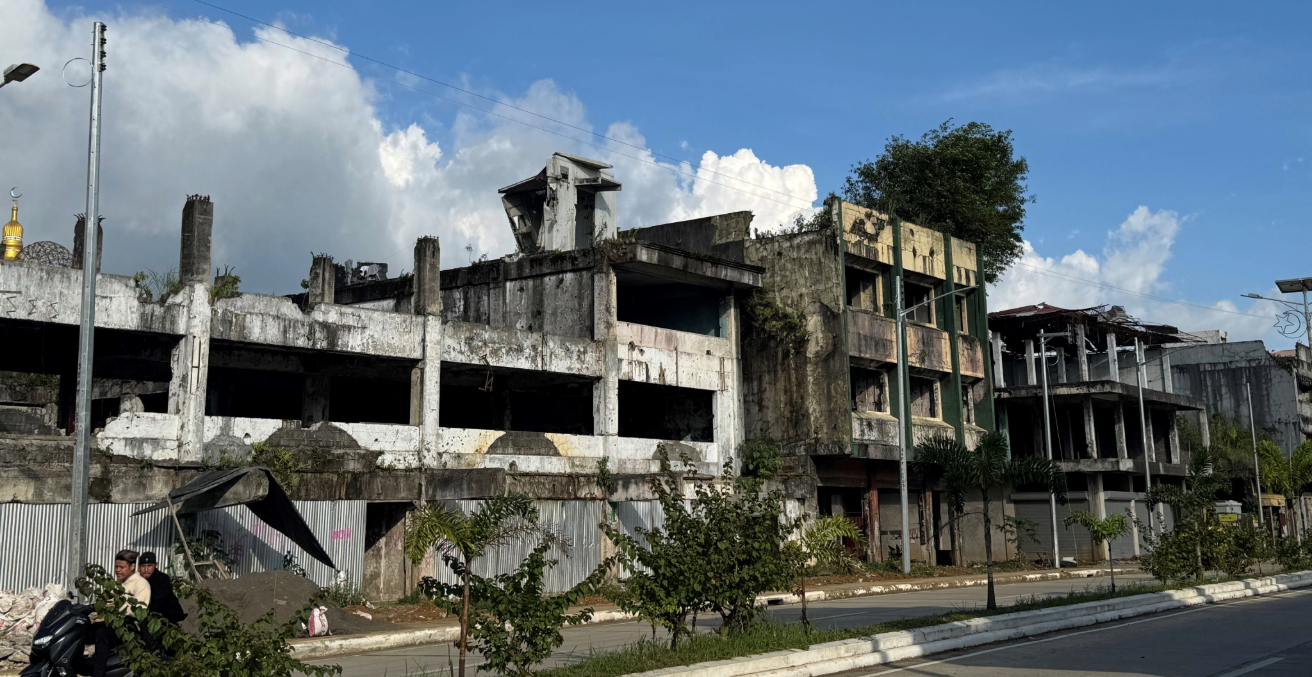Challenges to conducting business in Indonesia will make it difficult for foreign investors to remain in the country.
Background
The Indonesian Investment Co-ordinating Board (Badan Koordinasi Penamaman Modal: BKPM) recently revoked 6,541 business permits granted to foreign investors between 2007 and 2012. The permits were worth a total of 300.9 trillion rupiah ($29.5 billion), close to the 374.4 trillion rupiah ($36.7 billion) in foreign investment received throughout 2014. BKPM has indicated that the companies in question failed to submit quarterly progress reports, which outline their investment activities, forcing it to revoke their business permits.
Comment
Indonesia requires greater levels of foreign investment to fund the current administration’s infrastructure projects. After domestic consumption, foreign investment is the next largest driver of Indonesian growth. Many investors, however, continue to cite problems with doing business in Indonesia.
Most of the cancelled projects were based in West Java, the most populous province with the greatest levels of foreign direct investment in the country. According to BKPM, most investors had already decided to cancel their investment before their licences were revoked, suggesting that the investment climate in the country remains tenuous.
Investors are leaving the country due to unpredictable policy decisions. Most of the revoked permits were in the trade sector, followed by the mining sector. Many foreign mining firms pulled out of Indonesia after the government implemented a ban on the export of raw mineral ores in January 2014. If Indonesia wishes to retain foreign investors, it will need to moderate policies that may go against their interests.
Investment barriers, such as the mineral export ban, are generally believed to have worsened in recent years. Most recently, the Indonesian Manpower Ministry has argued that foreign workers need to pass a language proficiency test before being able to work in Indonesia. Such a regulation would limit the number of expatriate workers who could work in the country and pose another potential barrier to foreign investors looking for skilled labour. Locating skilled workers is challenging as less than ten per cent of Indonesians reach tertiary level education, which is close to the lowest in South-East Asia. Partly for this reason, the labour market is already seen as being difficult to navigate and implementing further perceived barriers for investors will only serve to perpetuate this view.
There are some policies in the pipeline that are likely to be enticing to foreign investors. Currently, a large number of businesses are limited to between 49 and 60 per cent foreign ownership, depending on the sector. To adhere to the rules of the emerging ASEAN Economic Community, which is to be inaugurated at the end of 2015, this would need to increase to at least 70 per cent. Foreign investors are likely to be supportive of such a development.
Applying for business permits has also become slightly easier. In January 2015, the Indonesian Government launched a one-stop licensing service (Pelayanan Terpadu Satu Pintu: PTSP), but this only integrates services among ministries and agencies at the central government level and does not take into account regional administrations.
After a process of decentralisation, which began in 1998, regional administrations have gained considerable power but they continue to lack human resources and are handicapped by weak co-ordination with the central government. Environmental impact assessment plans and land clearing permits are handled by the regional administrations, making them a vital part of setting up business for many investors. Due to these problems, gaining the required permits from regional administrations can be a lengthy and taxing process, which frustrates many investors.
In a bid to increase investment from East Asia, which is already a major source of foreign capital, President Joko Widodo has headed to Japan and China. With the continued depreciation of the rupiah to near 17-year lows in March, attracting foreign investment should not be difficult, as the investor’s dollar will go further in Indonesia than it has in the recent past. Getting investors to remain within the country, however, is proving to be a far more challenging proposition, as the recent cancellation of business permits suggests.
Mervyn Piesse is a research analyst at Future Directions International’s Indian Ocean Research Programme. This article was originally published in Future Directions International on 25 March 2015. It is republished with permission.




